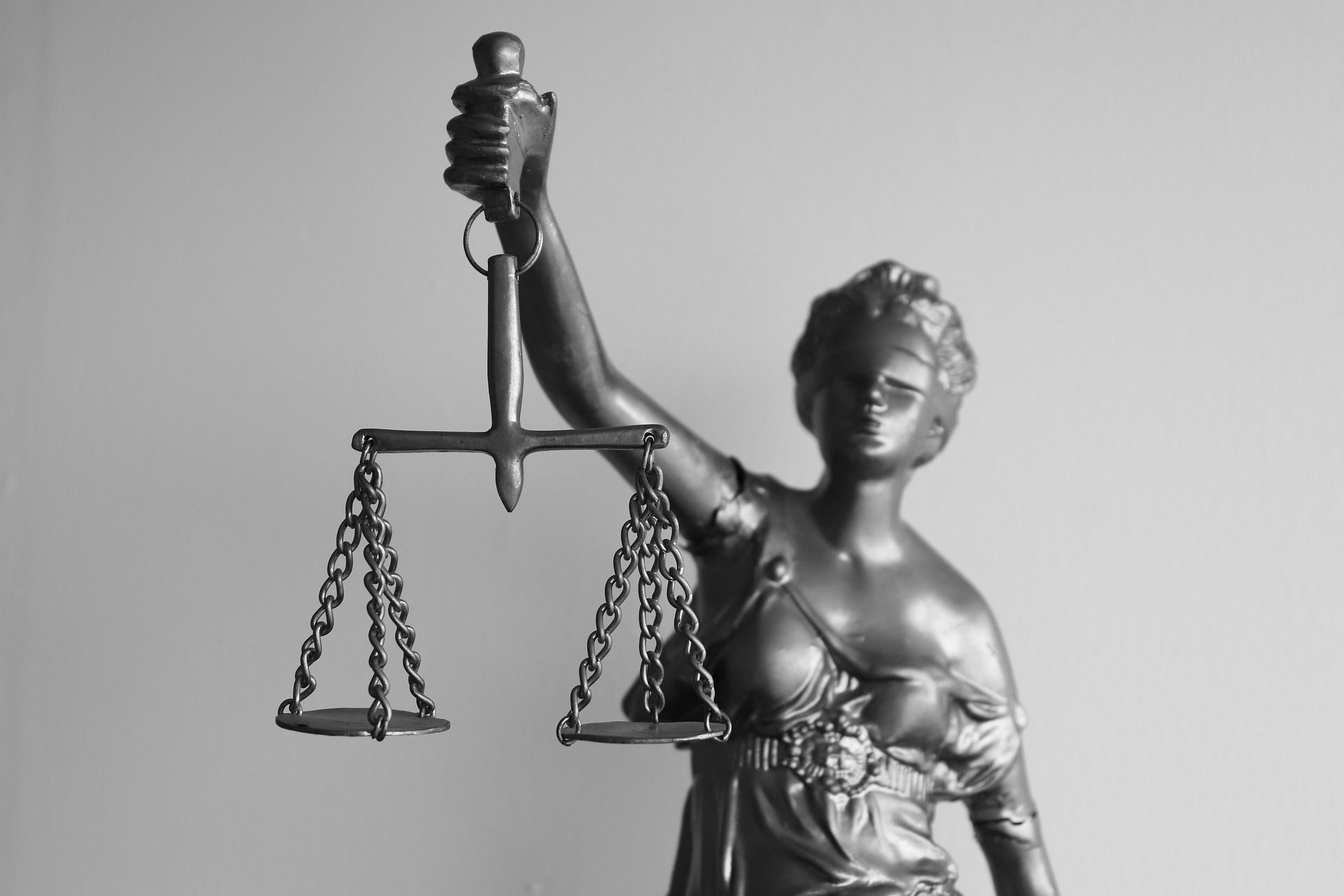Protecting Your Music Legally: A Guide for Independent Artists

1. Register Your Copyright
Copyright registration is the first step in protecting your music. It gives you the exclusive rights to reproduce, distribute, perform, and display your work.
- Why It Matters: It provides legal protection and allows you to take legal action against unauthorized use.
- How to Do It: In the U.S., register your music with the U.S. Copyright Office. This can be done online or by mail.
2. Use Written Agreements
When collaborating with others, always use written agreements to clearly define the terms and conditions of your work together.
- Why It Matters: Prevents misunderstandings and legal disputes.
- What to Include: Ownership rights, compensation, responsibilities, and other key terms. Make sure all parties sign the contract.
3. Trademark Your Name and Logo
Protect your brand identity by trademarking your artist name and logo.
- Why It Matters: Prevents others from using similar names or symbols, protecting your brand's uniqueness.
- How to Do It: Register your trademark with the United States Patent and Trademark Office (USPTO) or the equivalent office in your country.
4. Register with Performing Rights Organizations (PROs)
PROs help you collect royalties when your music is performed publicly.
- Why It Matters: Ensures you receive royalties for radio plays, live performances, and streaming.
- How to Do It: Sign up with a PRO like ASCAP, BMI, or SESAC in the U.S. Each has its own registration process.
5. Distribute Your Music through Legitimate Channels
Using reputable distribution services ensures your music reaches a wide audience and provides legal documentation.
- Why It Matters: Helps manage royalties and prevents unauthorized use.
- How to Do It: Use services like TuneCore, DistroKid, or CD Baby to distribute your music to major platforms.
Bonus Tips
- Document Everything: Keep thorough records of your music creation process, including drafts, dates, and any correspondence. This can serve as evidence in case of a legal dispute.
- Educate Yourself: Stay informed about music industry laws and best practices. Resources like the Music Business Association can help you navigate the complexities of music rights.
By following these steps, you can protect your music and ensure you maintain control over your creative work. Remember, taking the time to safeguard your rights today can save you from potential legal headaches in the future.